Advent of Kushans in the Indian subcontinent is a significant historical event. It is suggestive of such processes and factors which shaped early historic cultural milieu of India in particular and Asia in general. The Kushan kings played an important part in the ancient history of India and Central Asia, worthy contemporaries of the three great world powers of the early centuries of the first millennium AD, the Roman Empire, the Han Empire of China and the Arsacid and Sasanian Empires of Iran. During the first four centuries of the millennium, they controlled a vital space between these empires, acting the role of entrepreneurs in international trade and restoring unified rule to northern India. Their patronage of Buddhism enabled it to spread through Central Asia into China. However, in spite of their importance, very little information of their activities has survived into the modern period. This volume is an outcome of the International Seminar entitled, ‘Kushan Glory and Its Contemporary Challenges’, which was organized by the Bharat Kala Bhavan, Banaras Hindu University, Varanasi (India), between October 3 and 5, 2008. Most of the papers were presented in the seminar but there are a few which were invited. Inclusion of these were intended to fill the gaps, in the otherwise holistic format of this volume. The 21 contributions of the volume are placed in seven distinct sections covering different themes, viz., (i) Discoveries: Old and Recent; (ii) Hegemony: Kushan Empire and Out-posts; (iii) Chronology and Succession; (iv) Policies and Patronage: Kushan Religion; (v) Architecture and Settlement: Kushan Archaeology; (vi) Art Expressions: Kushan Portraits and Compositions; (vii) Expansion and Continuity: Kushan Styles and Techniques. This strikingly illustrated volume is a significant contribution to the field of Kushan studies and is valuable for students and scholars of history.
The Sacred Landscape of Mundeshwari: The ‘Oldest Living’ Temple
Reputed to be one of the ...
$162.00
$180.00


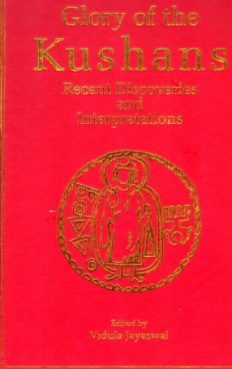
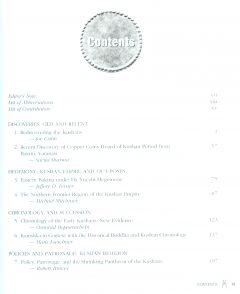
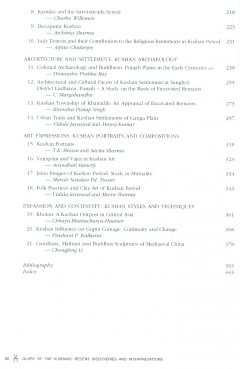
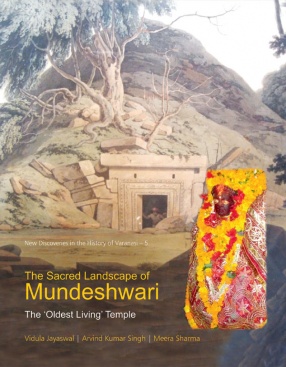
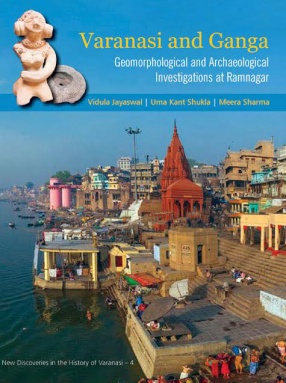
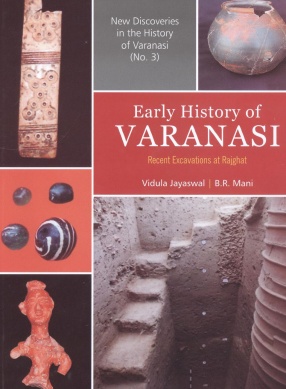

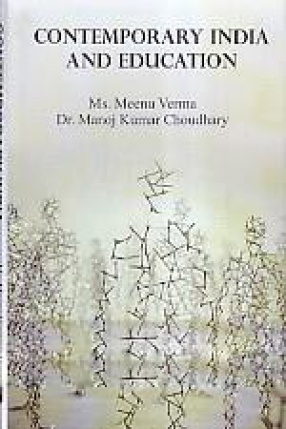
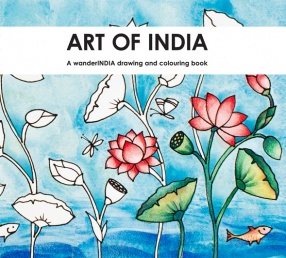
There are no reviews yet.